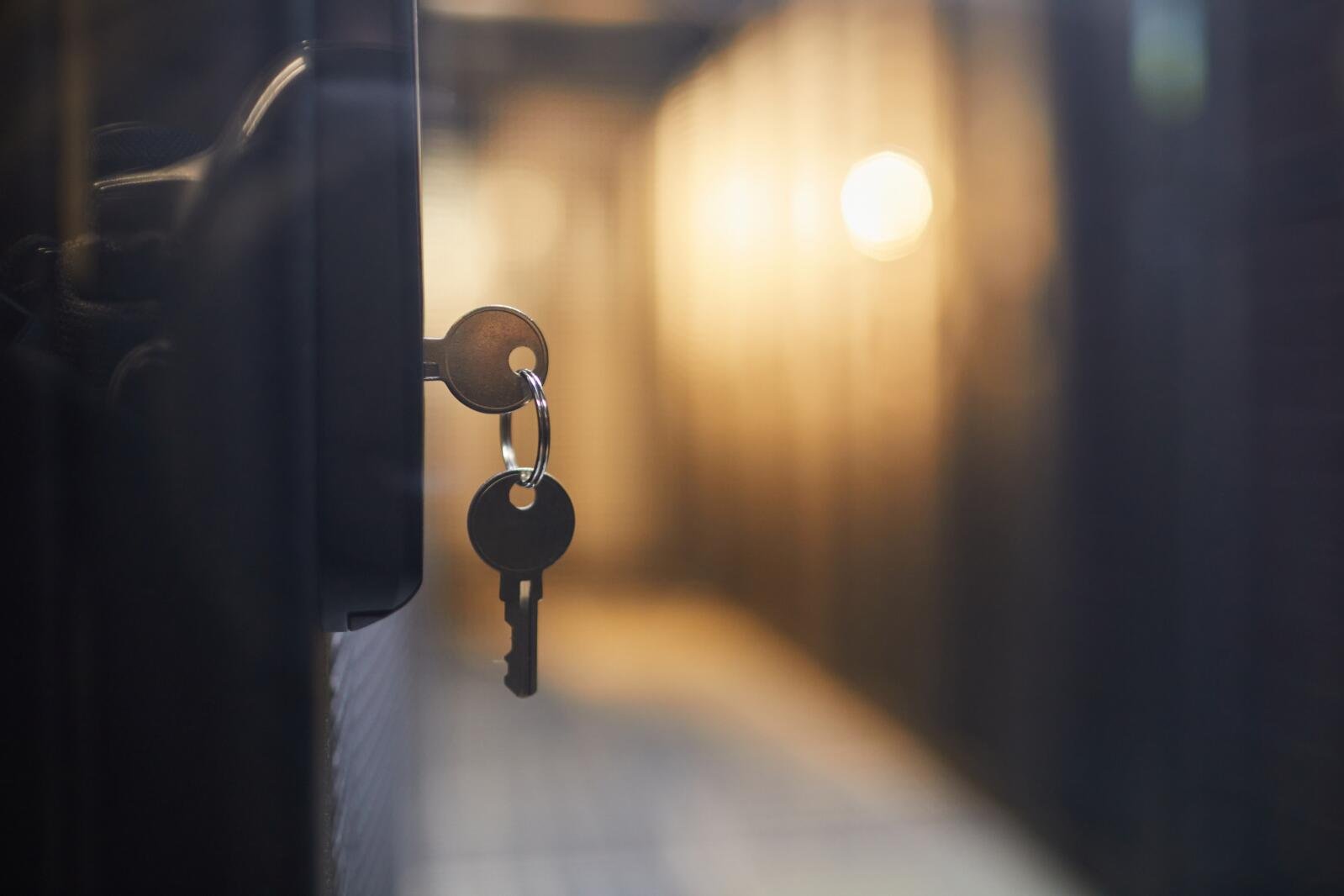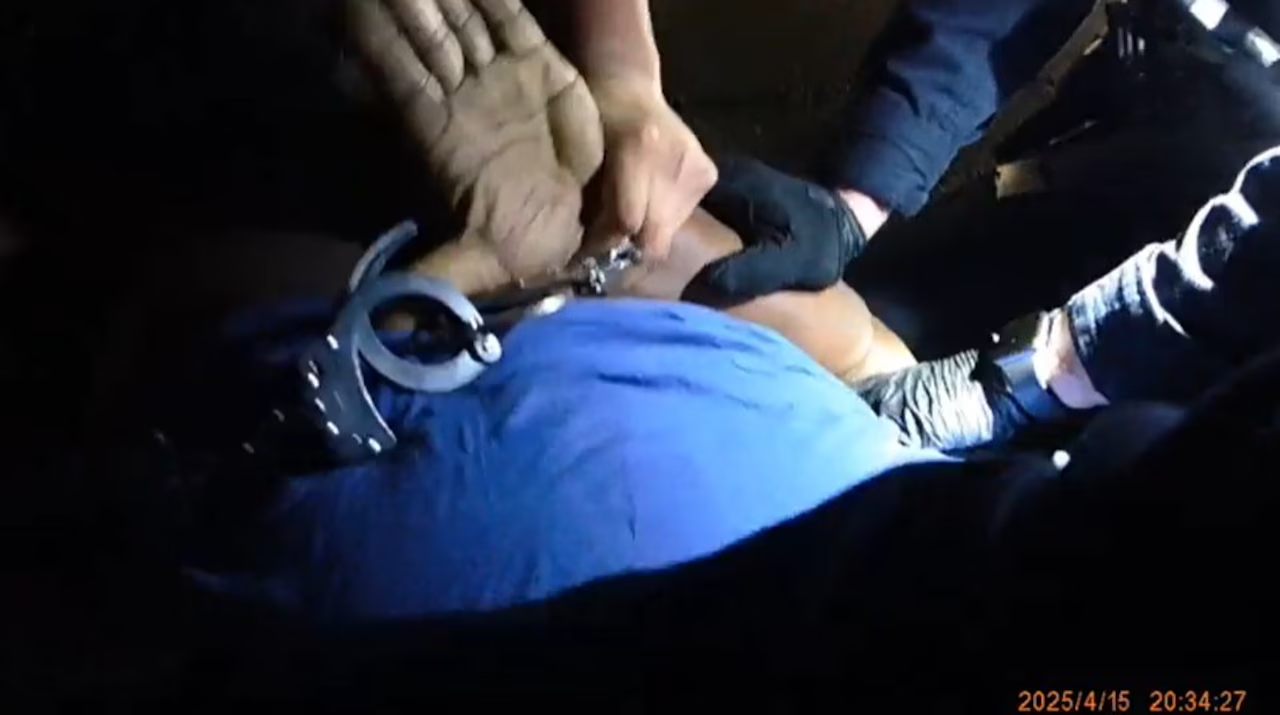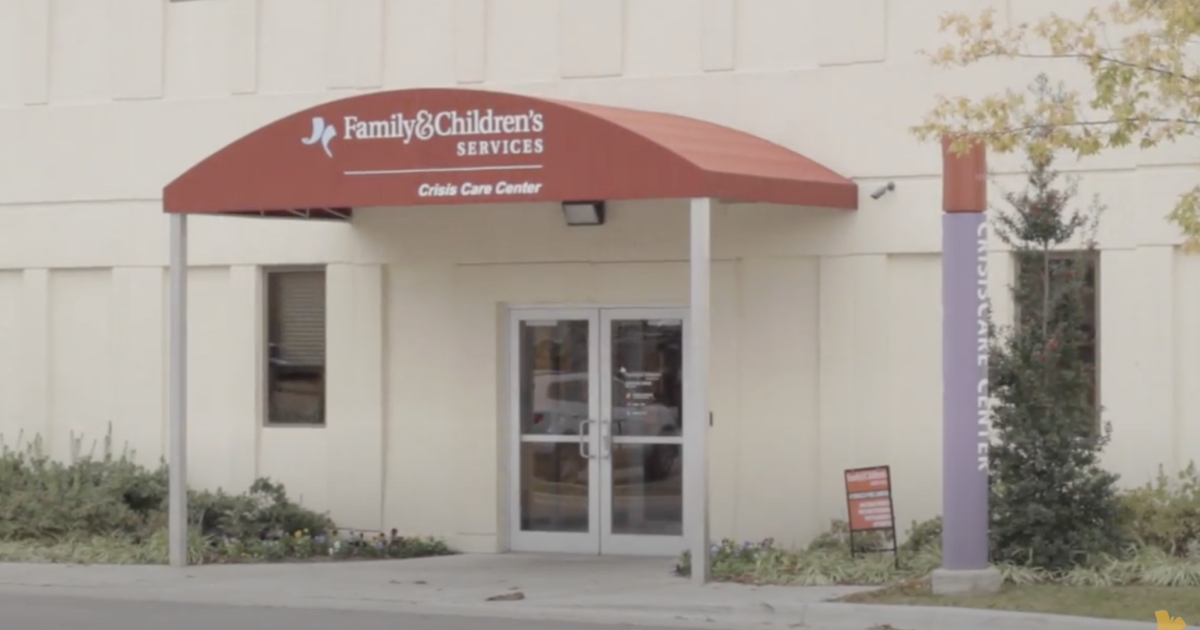A federal housing complaint concerning a support animal has triggered significant changes in Napa County, disrupting a long-standing mental health program. The complaint, filed in June 2023, accused Buckelew Programs, a North Bay nonprofit that has assisted Napa residents for decades, of discrimination related to its Permanent Supportive Housing program. This program offers long-term housing and support to individuals transitioning out of homelessness, many of whom have mental health challenges.
The complaint stemmed from a case involving a man with a mental health disability who spent nine months homeless, not due to a lack of available housing, but because he was denied housing due to his emotional support dog. The Fair Housing Napa Valley organization filed the complaint, asserting that Buckelew violated federal housing laws by refusing to rent an apartment to the man solely because of his support animal.
In January 2024, Buckelew reached a settlement that included a $26,000 payout to the man and required the organization to undergo anti-discrimination training. Despite settling the case, Buckelew announced in April 2025 that it would close the Napa Supported Living program, a service that helps people with severe mental illnesses live independently. The organization cited ongoing financial difficulties but did not provide detailed explanations. However, records showed that funding for Buckelew’s Permanent Supportive Housing program had been reduced by over $200,000 earlier that year, contributing to the nonprofit’s decision to withdraw from Napa.
Chris Kughn, Buckelew’s CEO, acknowledged that the settlement influenced the organization’s restructuring efforts to maintain fiscal stability. Reports suggest this was not the first housing complaint against Buckelew, indicating ongoing issues with compliance to fair housing laws.
The impact of this case extends beyond Buckelew’s closure. Currently, 11 clients reside in apartments under the Permanent Supportive Housing program, which relies on a $337,406 HUD grant. Buckelew is seeking to transfer this grant to Napa County to avoid displacing the residents. The Napa County Board of Supervisors is expected to vote on this transfer soon, but the approval process could take months.
The potential loss of these services raises concerns about the stability of Napa’s housing system, which has relied on Buckelew to support vulnerable residents. The nonprofit’s decision to exit follows five years of operating deficits, reduced client referrals, and increasing internal costs that it could no longer manage.
In the most recent HUD grant application, Buckelew received a score of 76, down from 87 in the previous year, marking the biggest decline among local applications. This score affects the distribution of federal funding, as a lower score correlates to reduced funding. In this instance, Buckelew requested $337,406 for 2026 but was awarded only $121,146, a decrease of more than $200,000.
Napa County’s Continuum of Care, which coordinates services for individuals experiencing homelessness, now plans to integrate Buckelew’s program with Abode Services, the county’s primary provider for homelessness assistance. However, this transition introduces uncertainty for the clients who rely on consistent support.
The case also highlights the broader implications of housing discrimination in mental health services. Between 2023 and 2024, the California Civil Rights Department issued hundreds of compliance notices related to housing violations, indicating a systemic issue within the state.
As for the man at the center of this case, his quiet act of legal advocacy has drawn attention to accountability in housing systems that often fail to protect the most vulnerable. The apartment complex where he was denied housing is now on the city’s radar for potential purchase and conversion into permanent supportive housing.
The unfolding situation in Napa reveals the fragile nature of support systems for individuals with mental health conditions, particularly those who face housing discrimination. As Buckelew exits the area, the community must confront the reality of what happens when the organizations intended to support those in need become part of the problem.



